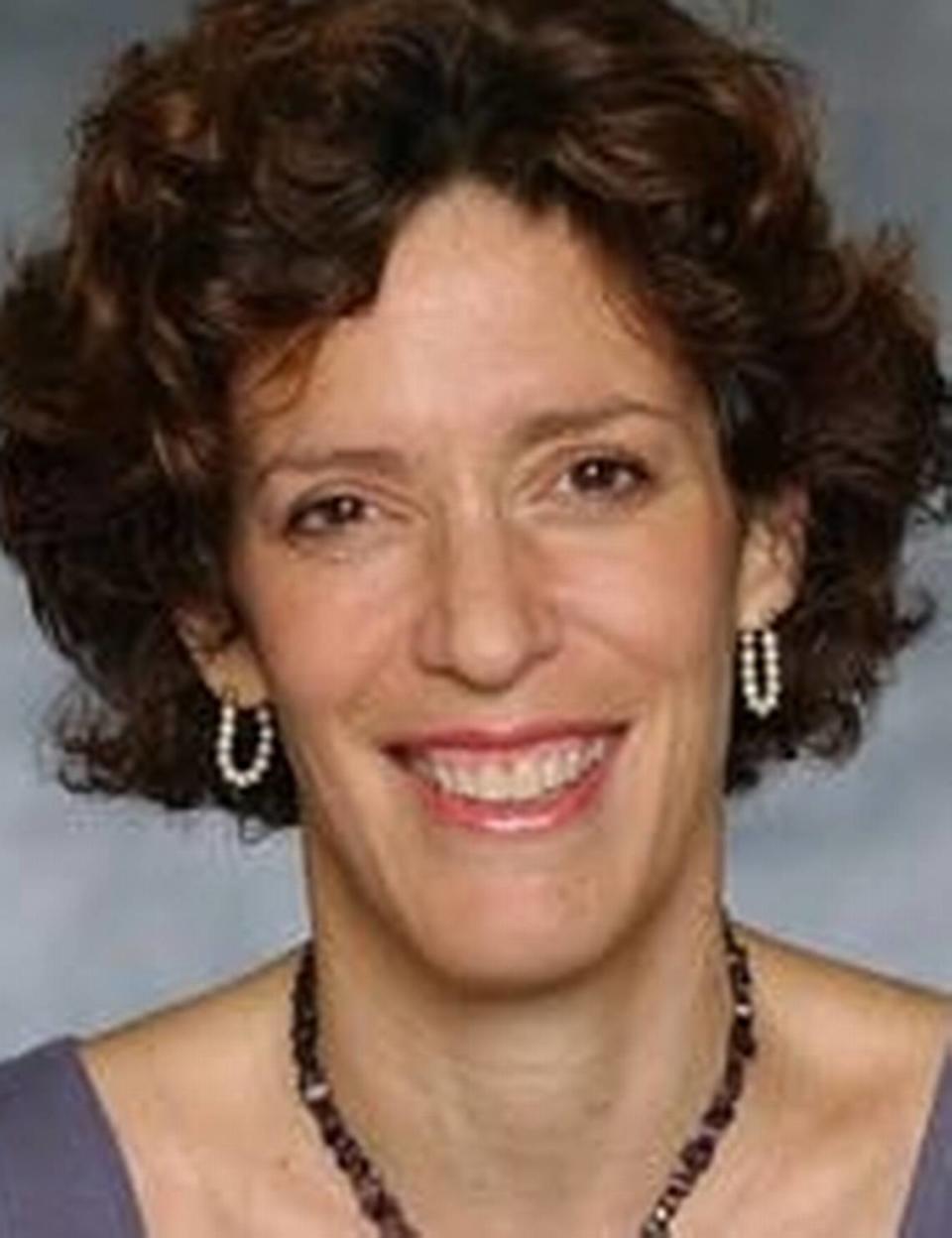Florida doesn’t need open primaries. Vote No on Amendment 3 | Opinion
This November, Florida voters will weigh in on Amendment 3, which says: “All voters vote in primary elections for state Legislature, governor, and cabinet.” Sounds simple, but by eliminating party primaries, this amendment will upend the way we choose state candidates, and not for the better.
Amendment 3 doesn’t just open our primaries to unaffiliated voters. It creates a system, often known as a “jungle primary,” in which all prospective candidates have access to the primary ballot, and the top two vote getters move on to the general election.
Many Floridians don’t have a great deal of affection for political parties and might be tempted to adopt a system that limits party influence. But we urge party skeptics to reconsider. Political parties play a vital role in nominating candidates and mobilizing voters. A free-for-all primary will make our system less, not more, responsive.
Local parties provide engagement opportunities for thousands of voters. They help recruit and identify candidates, and provide them with the resources that allow regular people to run for office. Parties have policy platforms that guide voters. Maybe you didn’t have time to research every candidate on a lengthy ballot, but seeing a candidate’s party affiliation tells you something about her.
Today’s parties are no longer the “smoke filled rooms” of yesterday. Your local party probably meets every month and invites your participation. Parties now provide important ladders for women and people of color who had once been shut out of the political process. Historically, the impetus for party-free primaries has often come from economic elites; they understand that wealthy individuals and special interests are most likely to be the winners if parties are diminished.
You don’t even have to be a die-hard party member to participate in that party’s primary. Any voter can go online or fill out a form to change party registration. There are no fees or loyalty oaths. You can register for a party to vote in a primary that interests you and return to no-party status the next day.
Those who favor open primaries assert that more of us will participate if we don’t have to register for a party. There is little evidence supporting this claim, however. Studies comparing states with open and closed primaries find no significant turnout differences. We need not look to other states for evidence that top-two primaries do little to encourage participation: Many municipal elections in Florida feature an open primary, and we seldom see more than 20 percent turnout.
Our current partisan primaries, some claim, push Democrats to the left and Republicans to the right; wouldn’t eliminating party primaries draw campaigns to the center, reducing polarization? Empirical support for this claim made by Amendment 3 supporters is weak. A 2016 study found no ideological differences between the participating electorates in open vs. closed primaries. In California, which adopted the jungle primary after 2010, candidates have not become more centrist.
Open primaries don’t ease polarization, but they may reduce diversity. Historically, political scientists have found that the lack of party cues led to reduced Black representation. According to a recent analysis by People over Profits, the top-two primary system would have led to fewer Black and Hispanic nominees in recent Florida elections.
There are ways to include the voices of unaffiliated voters without blowing up our current primary system. Enforce the current rules that are supposed to open primaries in elections where only one party has a candidate on the ballot. Or follow the model found in states such as Illinois or Ohio, where voters can add a party registration at the polls on primary day.
Open primaries offer few advantages, while undermining the important work of political parties in managing elections and engaging voters. We urge Floridians to vote No on Amendment 3.
Susan Smith is president emeritus of the Democratic Progressive Caucus of Florida. Elizabeth Strom is associate professor of public affairs at the University of South Florida and a co-leader of the Scholars Strategy Network’s Florida chapter.



